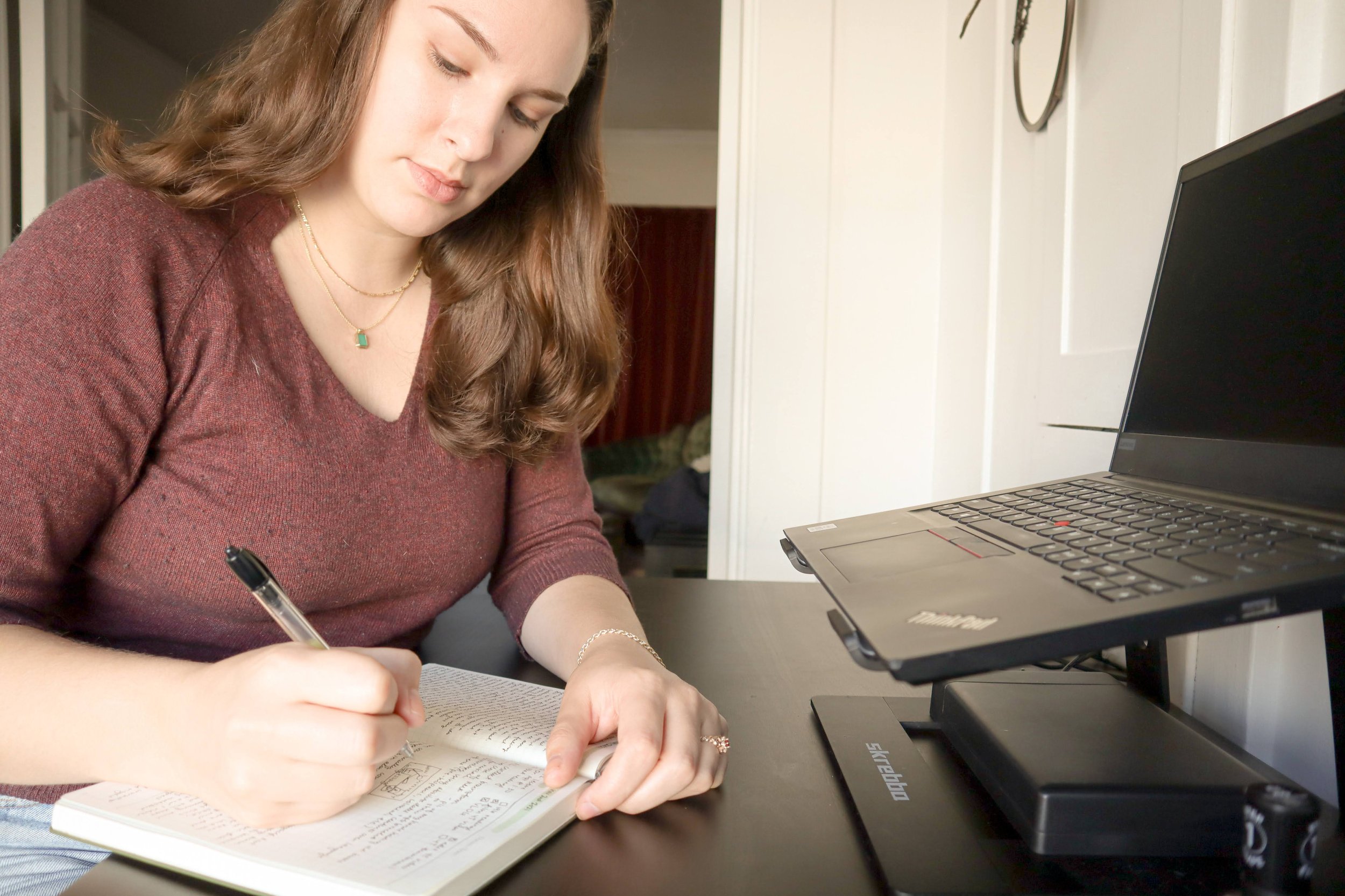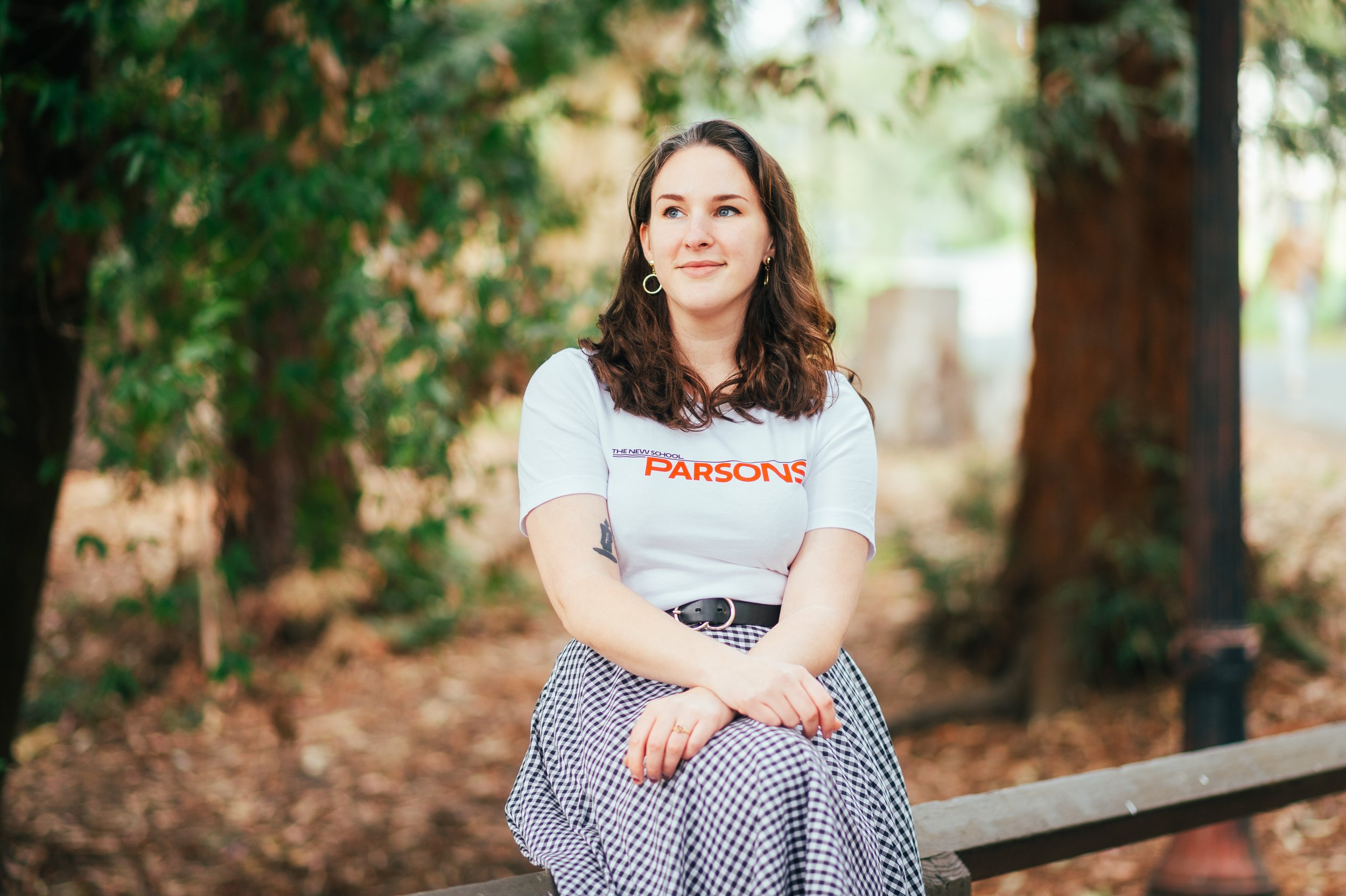How to Ask for a Letter of Recommendation for Grad School
It’s time to talk about one of the most important and often overlooked parts of ANY application: letters of recommendation.
In the midst of grad school applications, Dec. 2021
As application season rolls around alongside the late summer heat and the hours spent poolside reading a good fantasy romance, many of us are beginning to set aside those tantalizing reads in preference of organizing the important materials we will need to compose our graduate school, internship, scholarship or even job applications! And what’s a good application without a letter of recommendation?
The real question, however, is how do you get your hands on one from a trusted source with the security of knowing that that source will hype you up in the best ways possible?
You’d be in luck because not only am I about to break it down for you, but we have even included an email template you can use to politely and effectively ask for a letter of recommendation from a professor, supervisor, etc. at the end of this blog post! But before we get ahead of ourselves, let’s step back and take a look at why a letter of recommendation is important, and why the way you ask for one is so important.
So why is a letter of recommendation (LOR) so important, and why does it matter who you ask to write it?
An LOR is used to add a more subjective and personal perspective to your application in the holistic admissions process. An admissions officer or committee member uses your LORs to assess your qualifications for the position you are applying for. Good letters of recommendation reveal aspects of your personality that don’t come across on paper. They give someone you have worked with (be it academic or professional) the chance to describe your abilities, qualities and values in a much more detailed manner than the letter grades on a transcript. Essentially, it provides a valuable outsider’s perspective and context into who you are as a student or researcher. After all, letter grades don’t tell the whole story.
I asked my supervising professor of my lab research to write me a LOR
Because an LOR provides that subjective perspective into your person, it is important to seriously consider who you are going to ask to write those letters for your applications, and how you’re going to ask for them. The people who write your LORs should know you in some way - for example, you could reach out to a professor that you have taken multiple classes with, a research supervisor you have worked with, your thesis supervisor, etc.
They should be able to speak to your performance, personality, strengths, and ability to succeed in future programs of a particular academic area of study. Most importantly, it should be someone that you have established a professional relationship with, and someone you trust to shed a positive light on your academic capabilities.
By asking someone who knows you well or that you have worked with previously, you can ensure that they will be able to provide a contextual recommendation, not only based on you as a person, but based on the type of program you are applying for - if you are applying for a graduate program in the social sciences, it would be a good idea to ask a professor you took a social sciences course with. If you are applying to a STEM related program, asking a professor from your STEM department or the lab supervisor you worked with would be preferable. Remember - you are looking to add context and perspective to your application!
Now that you have an idea of who to ask for your LORs and the importance of the LOR, how do you get your hands on one?
Professors and academics can be notoriously difficult to reach via email, which is why HOW you ask for an LOR is critically important. Luckily, I have put together a formula for an email request for an LOR that has not once been ignored! Each time I have sent out an email to a professor using this formula, I have received a timely and enthusiastic response. Again, don’t forget to read to the end of this blog post to get your hands on a free email template, but for those of you who want to try their hand at putting together this email on your own…
Here are the secret ingredients:
Introduce yourself
Start with the basics - they need to know who’s asking!
Your connection to the person you are reaching out to
This is where you explain how you know them! Were you in one of their classes previously? Which class? What is something you remember about that class? Did you work in their lab?
Why you need a letter of recommendation
What are you applying for? Is it a scholarship, a graduate school program, etc? Include details about the program so they have some context to speak to.
Why you are asking them specifically
What is it about that person that makes you think of them for an LOR? Did you work with them on a project that means a lot to you? Was their class influential to you? Did they supervise your thesis?
Deadline
Ensure that you include the deadline for the application so that they know how much time they have to write your LOR. Be sure to email them with ample time as well! I recommend writing at least a month before the deadline, and again a few weeks before the deadline if they have not submitted the LOR yet.
Attach your personal statement and resume
OR include details on what you want them to say about you. The most important thing you can do when writing to ask for an LOR is to make it as easy as possible for the recommender. Provide them with as much information as they need to write an effective and specific LOR that will reflect your character and academic abilities.
SAY THANK YOU
Be sure to thank your recommender for taking the time out of their day to read your email and consider your request. Additionally, if they agree to provide you with an LOR, be sure to follow up with them after the deadline to thank them again, and inform them on the results of your application once they come in!
That just about wraps up this blog post on who and how to effectively ask for a letter of recommendation for your applications! If you want to get your hands on the email template, go ahead and click the button below, and good luck with all of your LOR requests and forthcoming applications!






